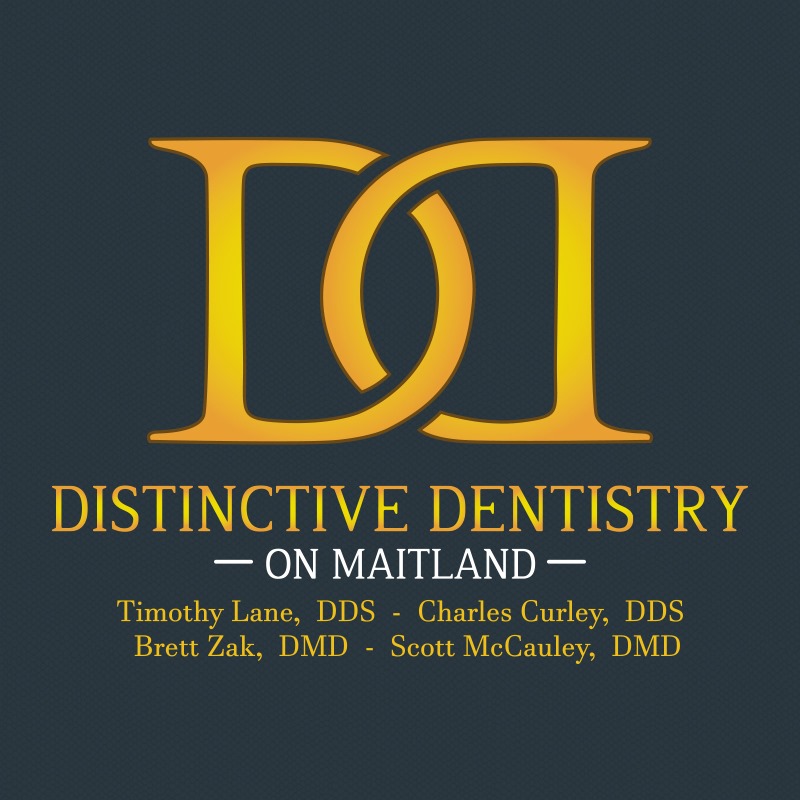Many of you may have noticed an increased emphasis on the use of prescription fluoride for use here in the office and at home. Most people understand that fluoride, when used properly, has been dentistry’s greatest success in the prevention of tooth decay. A relatively new form of fluoride in the U.S. is fluoride varnish which has been used in Europe and Canada since 1964 for the desensitization of teeth and more recently for the prevention of decay. We are often recommending the use of this varnish (applied in the office twice a year) as well as a prescription strength gel, or tooth paste.
Fluoride application for adults may have benefits for people who: experience dry mouth (xerostomia), have had an area of decay diagnosed in the last twelve months, have exposed tooth root surfaces, have crowns, bridges or partial dentures, wear orthodontic braces or appliances, experience Gastric Esophageal Reflux Disease (GERD), or have a significant history of decay. We would rather prevent a problem than have to fix one after-the-fact. Fluoride may be a part of the answer for you! Your Dental Hygienist or Dentist may engage you in a conversation regarding the safe use of fluoride tailored for your specific needs.
But It’s “Sugarless”!
Is sugarless safe for your teeth? In small doses, yes. Too much of a good thing is not always still a good thing though.
Research shows that “sugarless” cough drops (sugarless hard candies, mints, or gum can do the same thing) containing the sweetener “Isomalt”, which is a combination of manitol and sorbitol, can greatly increase your chances of getting cavities. Frequent ingestion of sorbitol can cause increased acid production in your mouth from your plaque, and sorbitol and manitol can increase the production of S/ mutans- the main decay producing bacteria. So where do you turn when you have to soothe that dry mouth or frequent cough? Look for products that have Xylitol, a sugar alcohol, as the first ingredient. This sweetener is very dental friendly. The cavity causing bacteria cannot use Xylitol as a food source. Xylitol will basically cause the bacteria to starve making them unable to produce acids and reducing their population in the mouth.
On a side note, “diet” sodas may be ok if you are trying to reduce sugar in your diet, but their acid level is most definitely not ok for your teeth. For reference, stomach acid has a pH of 1.5, regular soda 2.52 pH, diet soda 3.28 pH, and water is neutral at a pH of 7. Even without the sugar, diet soda’s acids are dematerializing your tooth surface.
It is unfortunate, but “sugarless” still needs to be monitored and reduction in frequency will be the most crucial factor unless it is sweetened with Xylitol. Then, “strive for 5” servings a day!
Distinctive Dentistry on Maitland in Altamonte Springs FL specializes in general and cosmetic dentistry. If you want to learn more about gum disease and various treatments for it, please give us a call at (407) 830-9800 or contact us online today!
More Blog Posts
Office Hours
MON - TUE7:00 am - 3:00 pm
WED7:00 am - 5:00 pm
THU7:00 am - 3:00 pm
FRI8:00 am - 12:00 pm
SAT - SUNClosed











